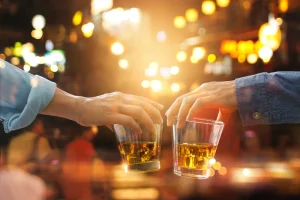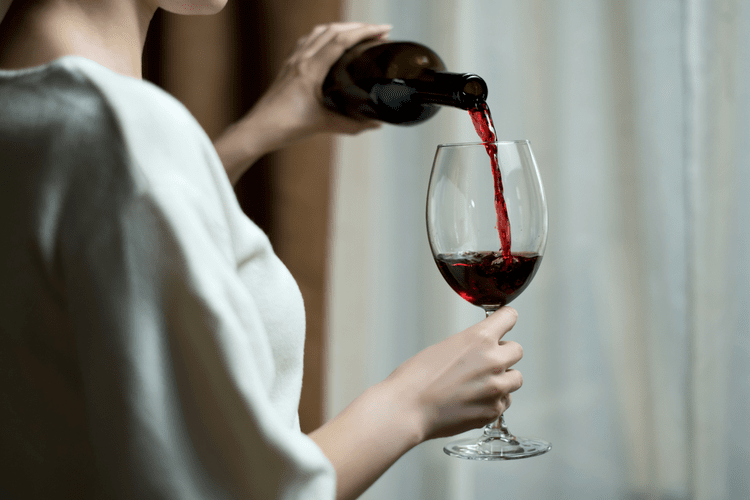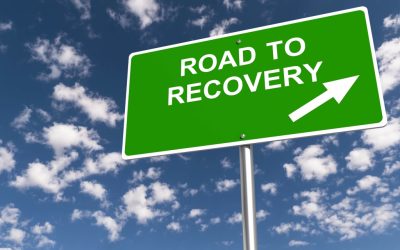Jennifer Chesak is a freelance medical journalist, editor, and fact-checker with more than two decades of experience and bylines in several national publications. Instead, each participant randomly lost the game about alcoholic rage syndrome half the time and was led to believe another person was delivering shocks to them during each loss. But effects to other neurotransmitters, including gamma-aminobutyric acid (GABA) and glutamine, may also be involved.
Less Cognitive Function
- If you think about it, a crucial part of being aggressive when intoxicated is lacking self-awareness.
- It can be difficult to know whether or not to abstain from alcohol to support a loved one in recovery.
- Instead, each participant randomly lost the game about half the time and was led to believe another person was delivering shocks to them during each loss.
- As predictive analytics continues to evolve, it may play a crucial role in shaping the future of addiction treatment and improving outcomes for individuals suffering from AUD.
- Practice techniques to manage your anger, such as counting to ten, focusing on deep breathing, or visualizing a calming environment.
- Alcohol had minimal impact on aggression for those who thought about future consequences.
One potential challenge involves “dry drunk syndrome,” a slang term that originated in Alcoholics Anonymous (AA). It refers to traits and behaviors often seen with alcohol use that persist into recovery. These programs organize your treatment session based on your schedule. The goal of outpatient treatment is to provide therapy, education, and support in a flexible environment.
Va. launches largest commercial test of alcohol detection technology – WTOP
Va. launches largest commercial test of alcohol detection technology.
Posted: Wed, 08 Dec 2021 08:00:00 GMT [source]
Definition and Symptoms
- This condition, also referred to as “alcohol-induced rage,” is a deeply concerning issue that can have severe repercussions on both the affected individual and their relationships.
- Luckily, that clarity can be beneficial, because it means that you have a chance to put your foot down and stop what you’re doing.
- Research suggests this form of treatment can help people shift from heavy to moderate drinking, improve quality of life, and enhance emotional well-being.
- In rodent studies, glutamine is linked to heightened agitation and aggression during alcohol withdrawal (7).
- By consistently becoming angry or belligerent when you drink, you put yourself and others at risk.
- This can also help you reconnect and make it easier for them to offer empathy and support when your feelings and emotions trigger thoughts of drinking.
However, there is a higher incidence of violence among chronic drinkers. When they aren’t under the influence, you can try speaking openly with them about how their actions make you feel, how they’re affecting your family and why something needs to change. When you live with or care for someone who becomes abusive when they’re intoxicated, the consequences may well be more than just hurt feelings. One study published in a journal called Cognitive, Affective, & Behavioral Neuroscience sought to explore factors that make some people more aggressive when they drink.
The Experience Blog

Brain structures can shift as well, particularly in the frontal lobes, which are key for planning, making decisions, and regulating emotions. But many people in recovery show improvements in memory and concentration, even within the first month of sobriety. A big part of recovery and your new sober life is making your physical health a priority. Try healthful recipes, join a gym, take up a sport, try yoga (which can have mental benefits as well as physical ones). Recovery from an alcohol use disorder means more than quitting alcohol. Even after you no longer crave alcohol, you need to deal with the psychological and behavioral issues that contributed to your addiction in order to prevent relapse.

How Can You Deal With Dry Drunk Syndrome?
However, it’s difficult to discern if drinking was the primary problem, or whether lifestyle choices such as diet and exercise influenced health outcomes as well. If you have quit drinking but are still struggling with the negative and destructive attitudes and feelings you had during active addiction, you may be dealing with what’s called dry drunk syndrome. If you’re already coping with depression or other mental health concerns, these symptoms might further complicate matters and make you feel even worse. This can sometimes trigger renewed alcohol use, especially in the absence of more helpful coping techniques. However, some people are more likely than others to be angry when drinking alcohol. They feel anger to avoid other more challenging emotions and behaviors.
- Online programs such as Ria Health provide confidential support from the comfort of your home.
- – Collecting a detailed medical history, including an assessment of alcohol consumption patterns.
- Ultimately, nobody knows what comes first—anger or alcohol use disorder (AUD).
- Alcohol addiction is a disease, but that doesn’t excuse abusive behavior.
- Block and Block (1992) defined expressive murders as a result of the expression, emotions, and psychological states.
Often, when children, spouses and other loved ones spend time close to someone who becomes abusive when they drink, their lives change for the worse. Embracing technology, the field of addiction research has begun incorporating predictive analytics to enhance the understanding and treatment of alcohol-induced rage syndrome. By analyzing vast amounts of data, predictive analytics can identify patterns that reveal risk factors and potential treatment targets, empowering healthcare providers to tailor interventions more effectively. As predictive analytics continues to evolve, it may play a crucial role in shaping the future of addiction treatment and improving outcomes for individuals suffering from AUD. Recent studies have shown a connection between alcohol-induced rage syndrome and factors like neuroinflammation and the serotonin 2b receptor gene.
Other potential interventions involve modulating serotonin levels to improve emotional regulation and mitigate impulsive behavior. Advancements in the science and treatment of AUD are steadily increasing, providing hope for those affected by this devastating disorder. Knowing how to handle crises effectively is vital for individuals coping with https://ecosoberhouse.com/. In high-stress situations, it’s essential to stay calm and take a step back to assess your emotions objectively.
Research suggests several factors may be involved, including personality, genetics, social considerations, brain chemistry, and brain changes. With all these bottled-up emotions when an alcoholic does drink since alcohol naturally lowers inhibitions, loved ones often find themselves caught in the torrent as the emotions re-surface most often as anger. Alcoholics, most often, are using alcohol to suppress having to feel the fullness of negative emotions. Rather than face the feelings, they are using the substance to “regulate” themselves.
Lean on Your Loved Ones
- Relationships may deteriorate, as their social circle narrows to other drug or alcohol users.
- People can be more prone to alcoholic rage based on genetics, life stressors, antisocial personality disorder, or personality traits such as underlying irritability.
- Likewise, hostility is an attitude of resentment and unfriendliness that doesn’t require feelings of anger.
If you recognize your own behavior in the description of intermittent explosive disorder, talk with your doctor or other health care professional about treatment options. Most rehabs will address how the drinking has hurt the client’s spouse and children by providing couples counseling and family therapy. Anger management and conflict resolution are other coping tools that are often taught in rehab. Treatment helps begin the healing process for both the alcoholic and their loved ones. Those who have suffered verbal or physical abuse at the hands of the alcoholic deserve to be healed. While hard to not take these angry outbursts to heart, it does help to look at the bigger picture.














